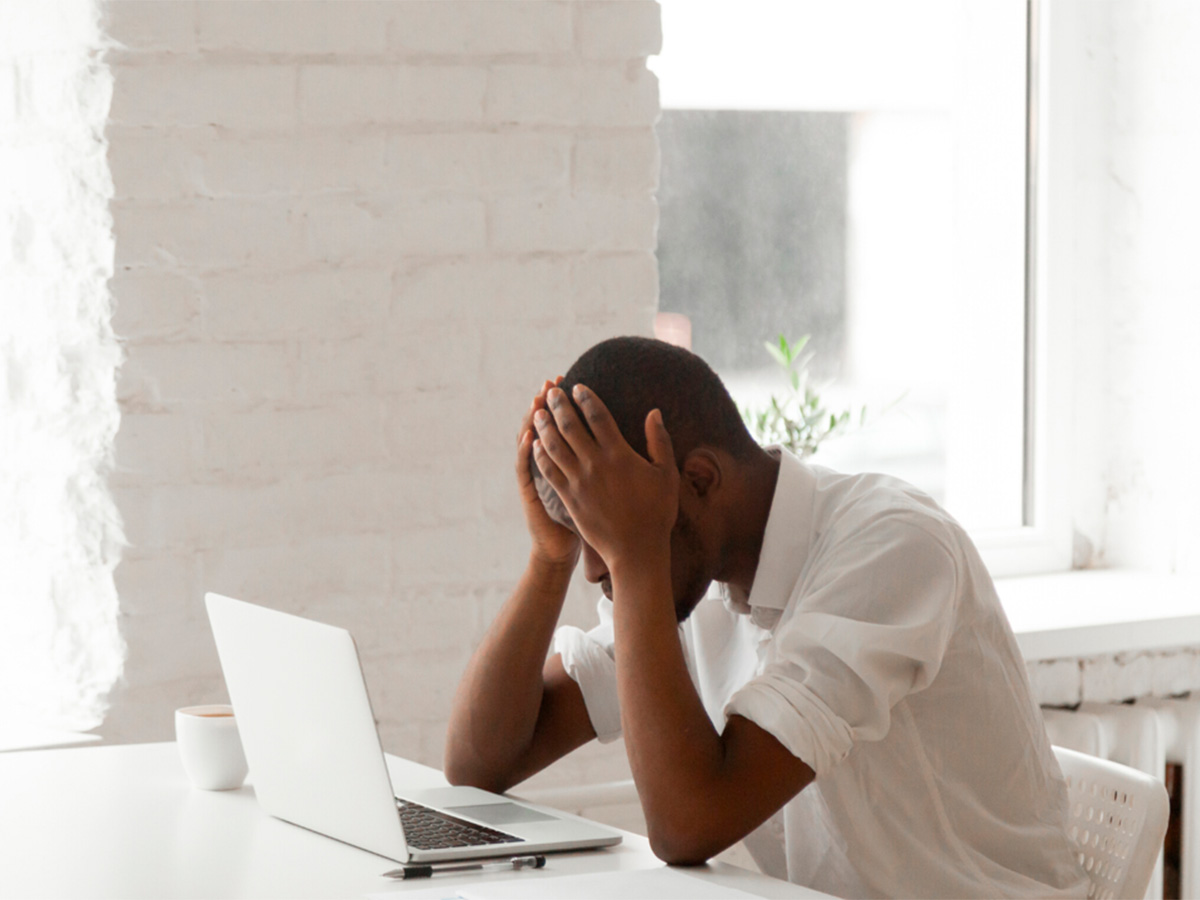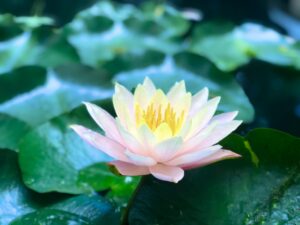Take a moment and ponder this question: Have you experienced a lot of stress in the past last year? Most likely you answered with a big “Yes”. Even further, most probably you are not surprised about the answer. Very likely you think: “this is the way it is. In this modern life we live under a huge amount of constant stress”. If this sounds familiar, you will find this article very helpful.
In its loose usage, the word stress has been understood as a term that englobes all the pressures we experience in life. A very general definition that doesn’t help much to understand it. Is it the cause of the pressures we experience or the effect of experiencing them? In order to explain myself better, here I will follow Dr H. Selye in his definition of stress as “a non-specific response of the organism to demand for change”. I will also coin his term “stressor “referring to the stimulus or event that produces the stress response.
Contrary to what many people believe, stress is a natural part of life, and as such, it is unavoidable. Although the term became associated with negative situations, stress is neither good or bad. It is rather how we see the stress creating factors, what we do with them, how we relate to them that will determine how much stress we will experience, and if it will be positive or negative for our well-being.
The difference stands in the perception and the assessment of our abilities to handle the stressor. If you perceive the situation as one that excites your creativity and makes you feel empowered, then you will not have a negative stress response. But if you perceive yourself as unable to cope, without resources or threatened in your well-being you will soon experience a variety of stress symptoms or distress.
Perception and appraisal, as mentioned before, have a major role in how we react or adapt and respond to stressors. It is for that reason the best first step in skillfully adapting to stress is to be aware of what is it that you are experiencing, moment by moment.
The mindful approach allows you to bring about creative possibilities to engage with stressors, opening to a variety of healthy and adaptive coping strategies.
With intentionality, training and practice of mindfulness you will bring about a sustainable change in your well-being.




